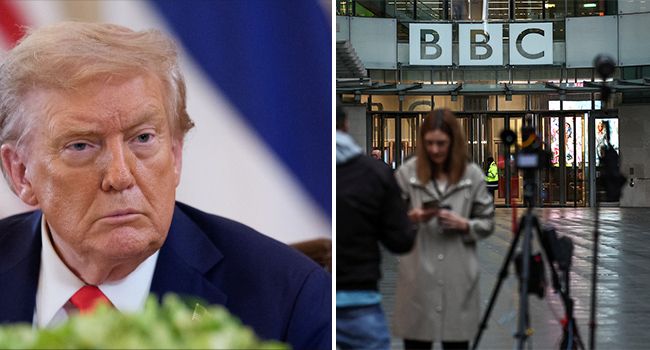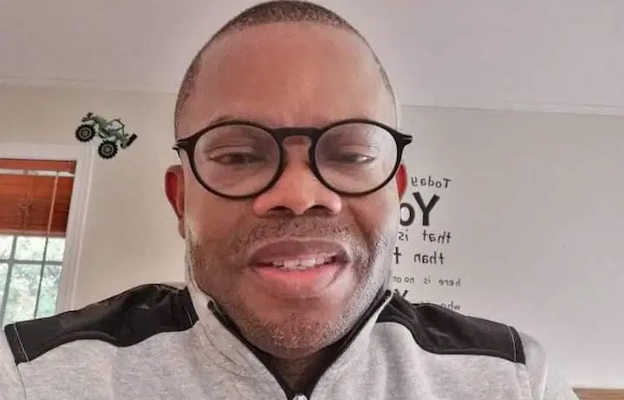
The BBC has signalled its readiness to defend against a defamation lawsuit threatened by U.S. President Donald Trump, expected to be filed this week.
On Monday, Samir Shah, chair of the BBC Board, wrote to staff affirming that the broadcaster’s position remains unchanged. “There is no basis for a defamation case, and we are determined to fight this,” he said.
The potential lawsuit stems from a Panorama documentary titled Trump: A Second Chance?, which aired in October 2024, days before Trump won a second term. Trump and his allies have claimed the programme misrepresented his January 6, 2021, statements to supporters during the Capitol attack, alleging the edits made it appear as though he encouraged violence.
The documentary juxtaposed two separate quotes from Trump’s speech, delivered nearly an hour apart, which critics argue gave the impression that he urged supporters to “fight like hell” at the Capitol.
Trump’s defenders say the edit omitted context, such as his calls for peaceful protest and to support lawmakers.
BBC Leadership Under Scrutiny
The controversy has coincided with broader challenges at the BBC, including allegations of internal bias. Earlier this month, The Daily Telegraph published an internal memo from former adviser Michael Prescott, citing “systemic problems” in coverage of sensitive issues, including transgender rights and the Israel-Gaza conflict. The BBC has consistently denied institutional bias.
Amid the scrutiny, the broadcaster has seen a shake-up in leadership. On November 9, Director-General Tim Davie and news head Deborah Turness resigned, each acknowledging mistakes but defending the organisation’s mission.
“Overall the BBC is delivering well, but there have been some mistakes made and as director general I have to take ultimate responsibility,” Davie wrote. “Our organisation is a critical ingredient of a healthy society, as well as a thriving creative sector. We should champion it, not weaponise it.”
Last week, the BBC issued a personal apology to Trump over the edited clip and confirmed that the documentary would not be rebroadcast.
However, Shah emphasized that the broadcaster strongly disagrees that the edit constitutes grounds for a defamation suit.
Trump’s Legal Track Record Against Media
Trump has a history of suing media organisations over perceived misrepresentation, often drawing criticism that his claims lack merit.
In 2024, he filed a defamation suit against ABC News over an incorrect statement in a live interview, resulting in a $15 million settlement.
He also pursued CBS News over edits to a 2024 interview with Kamala Harris, with a $16 million settlement following. Last month, he refiled a defamation suit against The New York Times after a previous dismissal.
Shah noted in his letter the potential cost such litigation could impose on the BBC and its license-fee-paying public. “In all this we are, of course, acutely aware of the privilege of our funding and the need to protect our license fee payers, the British public,” he wrote.
Legal experts suggest that Trump faces a steep challenge in pursuing defamation claims against the BBC in the U.S., where First Amendment protections offer strong safeguards for news organisations.



